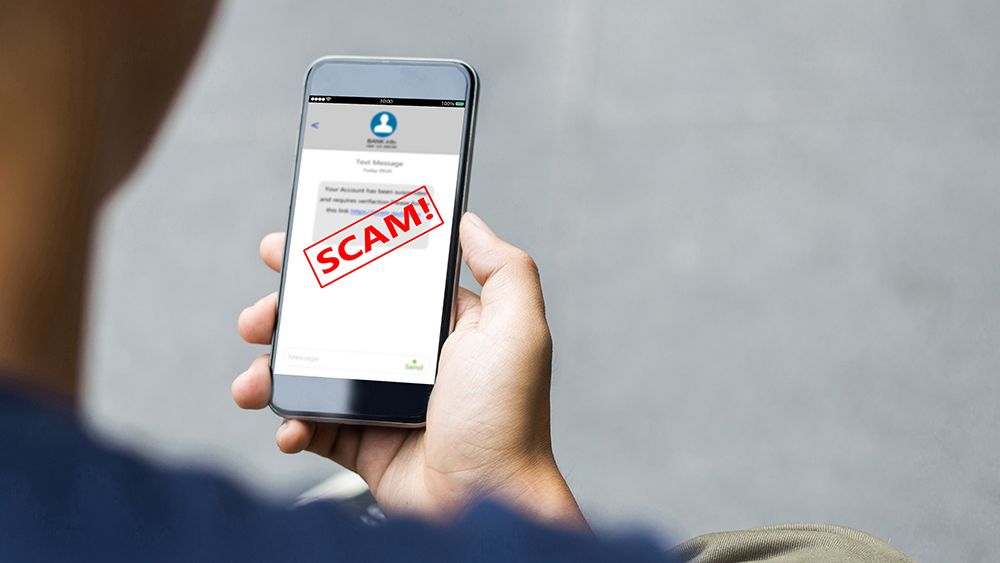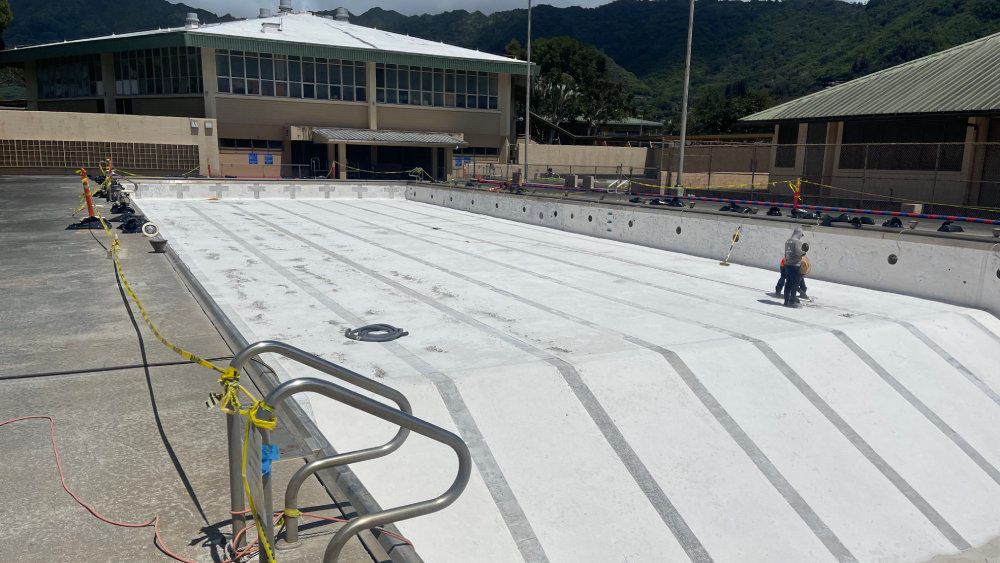After receiving reports of “unknown individuals” posing as law enforcement officers calling Hilo residents, Hawaii Island police are renewing their warnings to the public about the phone scam.
Police say scammers are calling victims and identifying themselves as law enforcement officers informing the victim that they have an outstanding warrant for their arrest. To avoid arrest, victims are told to use Coinstar kiosk machines in town to transfer money.
Scammers have been providing fictitious credentials over the phone such as name, agency, badge number and phone number.
Police remind residents that the police department does not ask for nor do they accept payment through Coinstar machines or Bitcoin Crypto-Currency as payment. They also remind residents to never provide personal information over the phone or online to anyone whose identity they have not confirmed.
Hawaii police provide these recommendations to protect yourself from scams:
• Always verify the caller’s identity. Request the caller’s full name, identification number and contact information then contact the police department or agency the caller claims to represent by using publicly available contact information, not any phone number the caller provides. Legitimate law enforcement officers will always provide ID information without hesitation.
• Do not share your personal information. Never disclose personal details such as social security number, bank account information, credit card numbers or any other sensitive data over the phone unless you are absolutely sure the caller is legitimate.
• Beware of urgent or coercive tactics scammers often use. Scammers will often create a sense of urgency to pressure victims into taking immediate action. They may threaten arrest, fines or legal consequences to pressure you into sharing your personal information or making immediate payments. When this happens, step back, remain calm and verify the authenticity of the call before taking any further action. Again, verify authenticity by using publicly available contact information of the department or agency the scammer claims to represent.
• Educate yourself and others. Share this information with friends, family and vulnerable individuals in your community. The more people are aware of scams, the more people can protect themselves and prevent scams from succeeding.
Anyone who receives a call as described above and is unsure of the caller’s authenticity is encouraged to hang up and call the police department’s non-emergency number at 808-935-3311.











